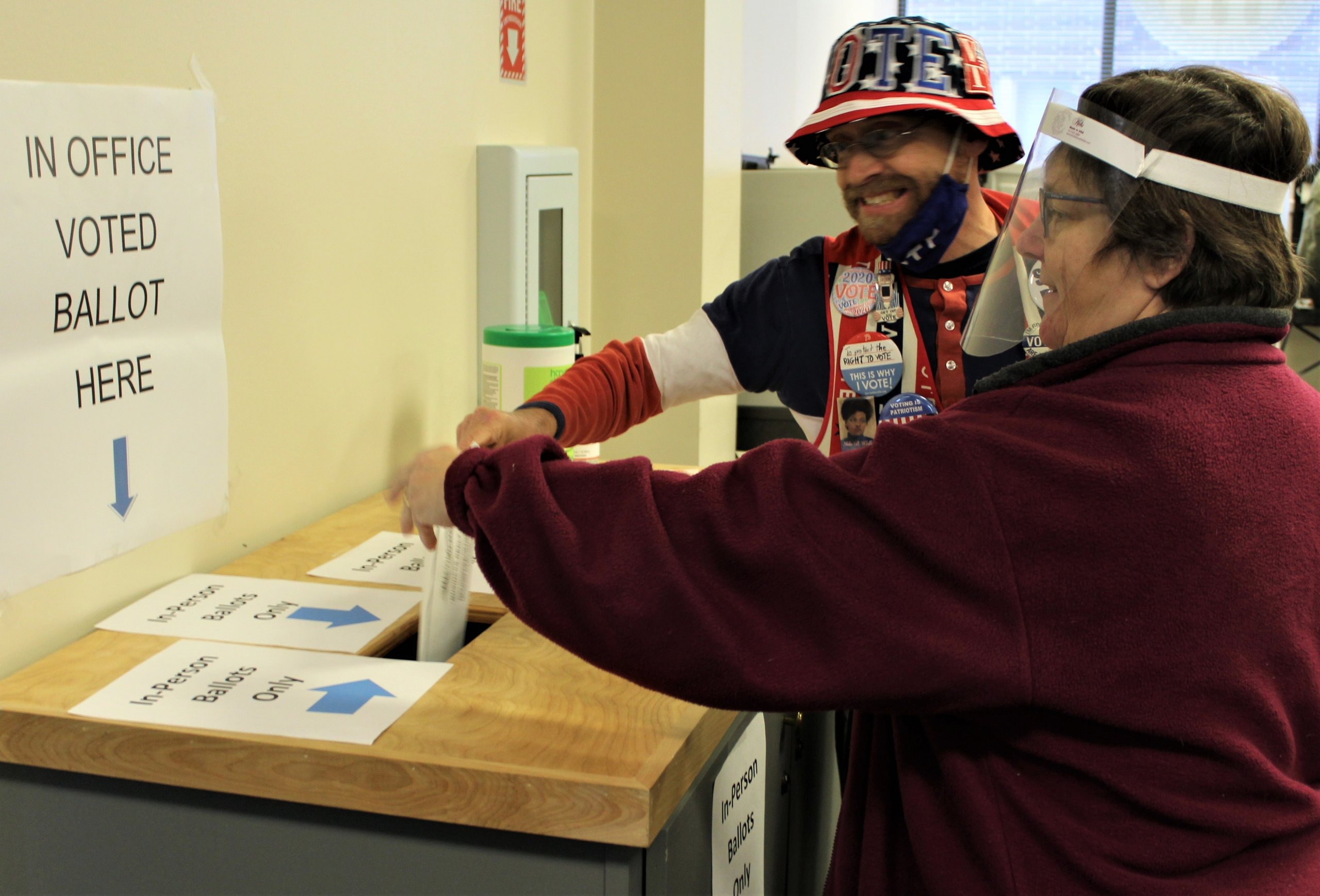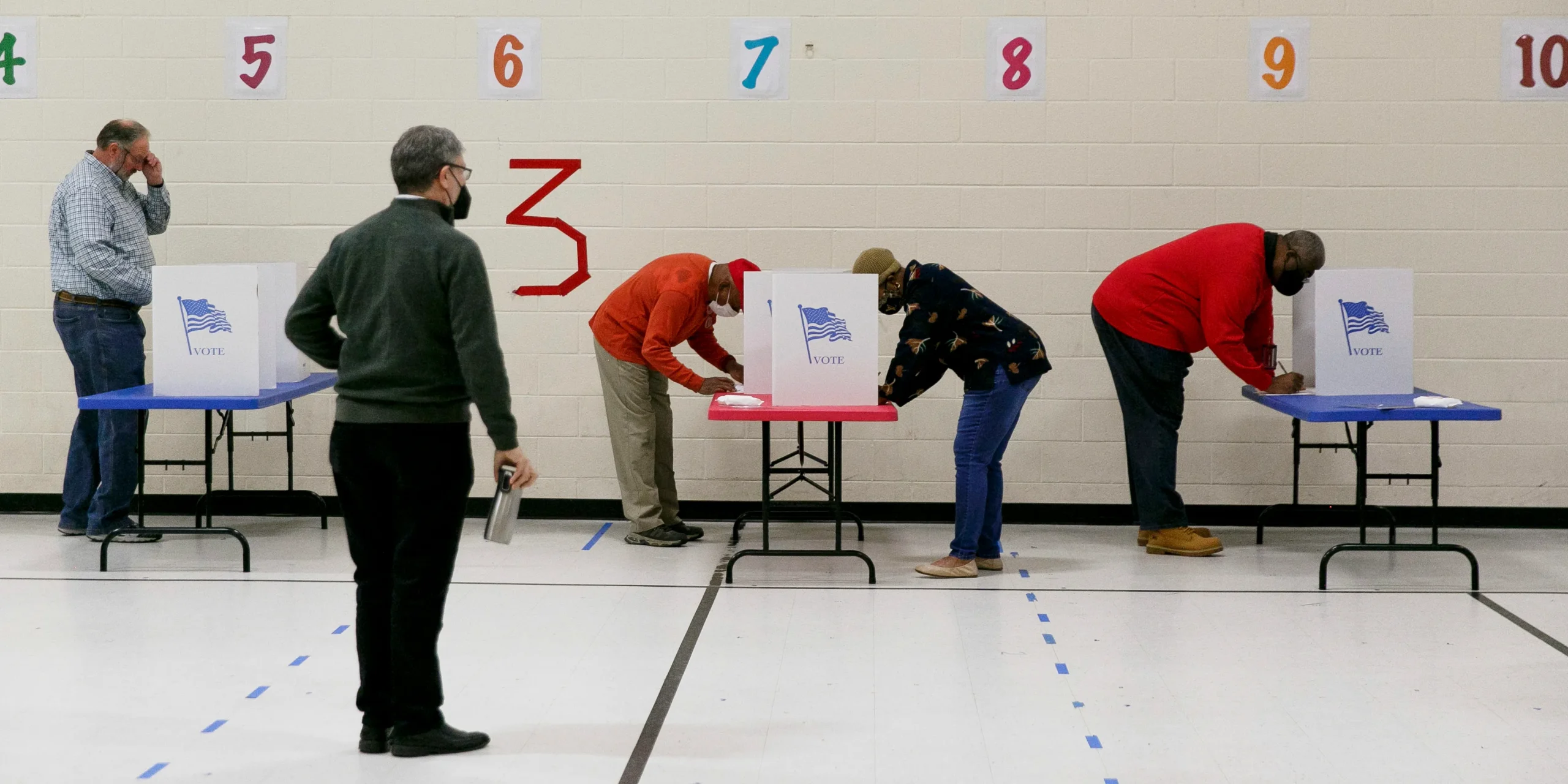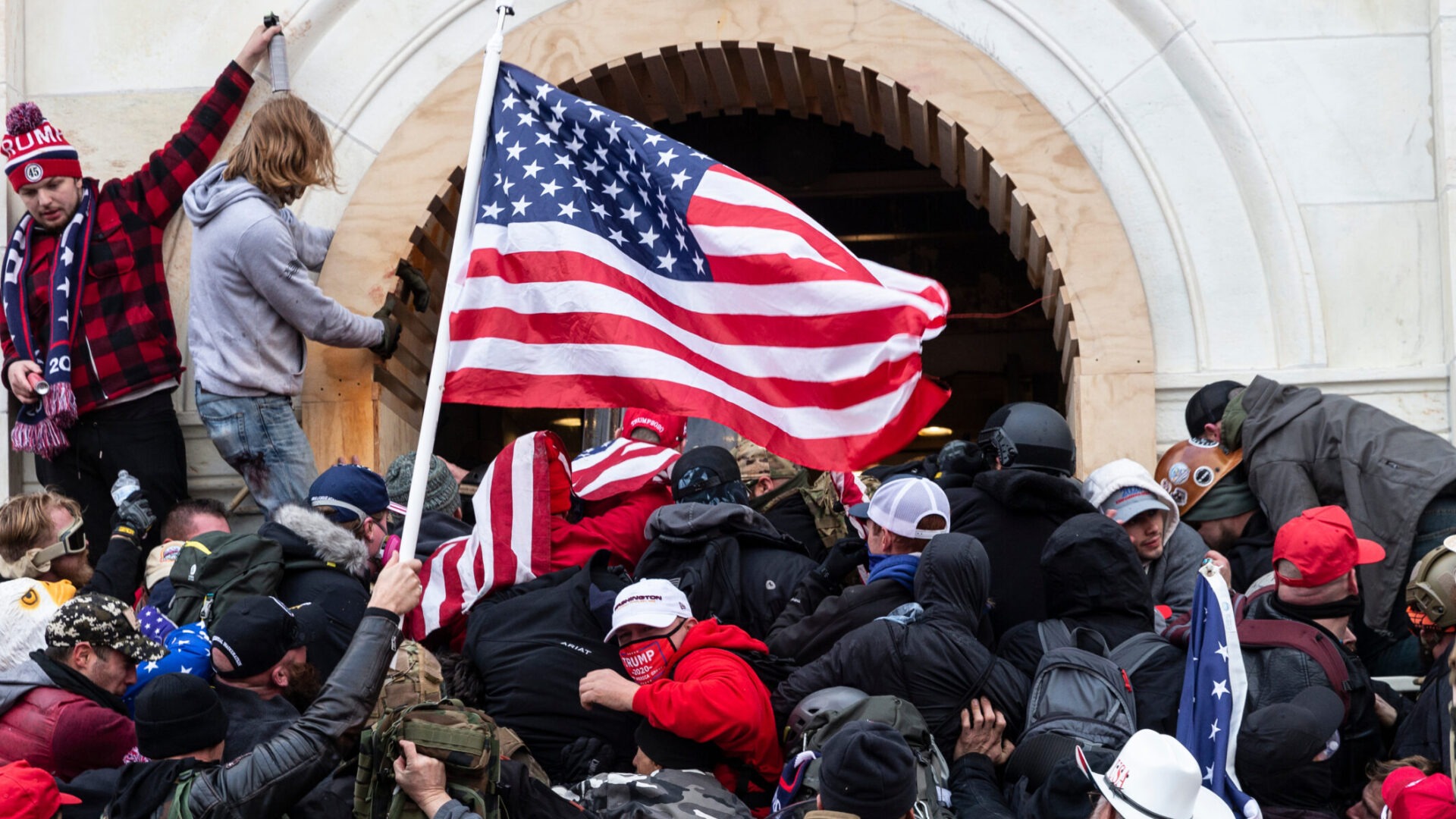The political scene in America has witnessed a remarkable change over recent years with a growing number of voters choosing to identify themselves as independents rather than aligning with the traditional Democratic or Republican parties. This change represents a change in how many citizens view political loyalty and their expectations from the government.
Instead of firmly supporting one party, a large portion of the population now prefers to keep their options open, often deciding their votes based on specific issues or candidates rather than party lines. The phenomenon has drawn attention from political analysts and campaigners who are trying to understand the reasons behind this change and what it could mean for future elections.

Changes in Voter Loyalty
The increasing number of independent voters signals a move away from strong party allegiance. Many people express frustration with the two major parties, feeling that neither adequately represents their interests or addresses their concerns.
This dissatisfaction often comes from the perception that political parties prioritize their power struggles over the needs of ordinary citizens. As a result, independents may seek politicians who promise practical solutions or who seem less bound by party discipline. This trend shows that voters are becoming more critical and selective, focusing on individual merit rather than party loyalty.
Changing Demographics and Political Priorities
The rise of independent voters can also be linked to changes in the demographics and priorities of the electorate. Younger voters, in particular, are less likely to commit to a single party and are more issue-driven.
They tend to evaluate candidates based on topics such as climate change, social justice, and economic opportunity, which often cross traditional party boundaries.
This generation is also more connected through technology and social media, which expose them to a broader range of perspectives. Their approach to politics reflects a desire for inclusivity and flexibility, showing that political identity can no longer be fixed or simple.
Impact on Elections and Campaign Strategies
As the number of independent voters grows, political campaigns have had to adjust their strategies. Candidates must now appeal to a more diverse group with varying opinions rather than relying on established party bases.
This means creating messages that resonate across different social and economic backgrounds, focusing on policies that address broad concerns rather than party ideology alone.
Campaigns may invest more in data analytics and targeted outreach to identify and persuade independent voters who could tip the balance in tight races. The presence of a strong independent voter bloc makes elections less predictable and forces politicians to be more responsive to public opinion.
Challenges for Political Parties
Political parties face difficulties because the independent movement disrupts traditional voting patterns. They can no longer count on fixed support from all citizens who identify with them. This forces parties to reconsider their platforms and how they engage with voters.
Some parties attempt to win back independents by moderating their positions or highlighting common goals, but this can alienate their core supporters. Others try to energize their base through more extreme positions, risking further polarization. The growing number of independent voters highlights the need for parties to find a balance between loyalty and adaptability in order to remain relevant.
The Role of Political Polarization
The increase in independent voters also relates to the deep political polarization experienced in America today. Many citizens feel that the extreme partisanship between Democrats and Republicans creates division and hinders progress.

Identifying as independent allows individuals to distance themselves from this hostility while still participating in the political process. It represents a search for middle ground or an alternative to the constant battle between parties. This growing group shows that there are many people who want cooperation and practical governance rather than endless partisan conflict.
The Future of Independent Voters
The continuing growth of independent voters may change how democracy functions in America. It could encourage more candidates to focus on problem-solving and bipartisan cooperation instead of partisan competition.
Elections might become more competitive and less predictable, which could energize voters and increase turnout. However, the rise of independents also creates challenges, such as the potential for vote splitting or the emergence of new political groups trying to capture this segment.
As American politics adapts to this change, it will be important to watch how both parties and candidates respond to the increasing demand for representation that transcends traditional party labels.









Leave a Reply